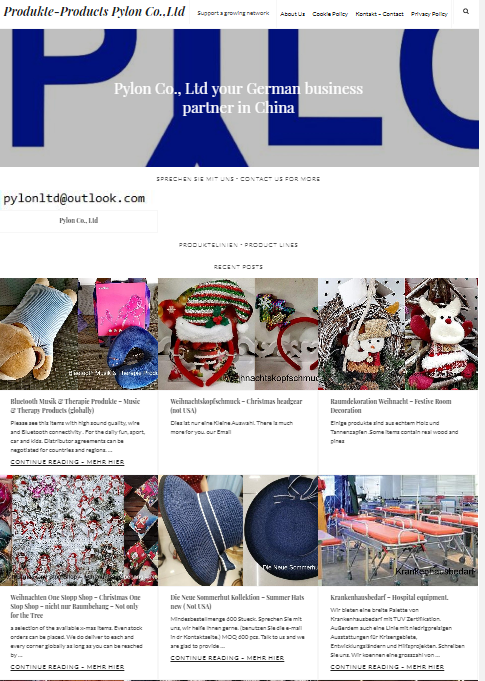Ningbo's commuting peak "traffic jam reduction"
- Details
- Category: Governmental News
- Published: Monday, 21 August 2023 13:37
results ranked first in the country
Ningbo is still the least congested "new first-tier" city.
Recently, Baidu Map, together with the Transportation Big Data Research Center of the Institute of Data Science of Tsinghua University, the School of Public Administration of Chongqing University, and the Beijing Institute of Transportation Development, released the "China Urban Transportation Report for the Second Quarter of 2023" (hereinafter referred to as the "Report"), reflecting the traffic changes in 100 major cities across the country.
According to the report, in the second quarter of this year, Ningbo's commuter peak congestion index ranked 71st among the 100 cities in the country, ranking last among the "new first-tier" cities,
similar to the third-tier cities in the "2023 City Business Charm Ranking List" such as Xingtai and Zibo. Ningbo is also a member of the GDP "trillion club" with the least traffic congestion.
The congestion index fell first in the country
Living in a city, who doesn't want their commuting to work and leisure to avoid congestion? The report tells you with data that Ningbo is the "ideal city" to meet this desire.
In the second quarter of this year, Ningbo's peak commuting traffic congestion index decreased by 8.91% year-on-year, ranking first among the 100 cities in the country. The weekend traffic congestion index decreased by 6.5% year-on-year, ranking second in the 100 cities in the country, second only to Jiaxing; The average commuting time is 31.26 hours, ranking 49th in the country, second only to Dongguan among the "new first-tier" cities.
In other words, Ningbo has not only achieved obvious results in "reducing congestion", but also continuously consolidated the advantages of smooth traffic and improved residents' sense of gain and happiness.
As a "new first-tier" city with more than 3 million cars, it is not easy for Ningbo to do this, and the road transportation network is increasingly improving -
For example, the construction of urban expressways that pressed the "fast forward button" has improved the commuting efficiency of more than 3 million car owners in Ningbo. Residents traveling between Eastern New Town and Dongqian Lake will benefit from the opening of the Yinzhou Avenue-Fuqing Road (Dongqian Lake section) expressway; The Huyun Highway, which opened to traffic in July, has set up a north-south traffic channel from Cixi to Qianwan New Area...
Another example is the construction of ground bus facilities that run out of "acceleration" to open up "green channels" for green travelers. Taking Haiyan Road, the main north-south traffic road of the Eastern New City, as an example, the section from Xingning Road to Baizhang Road has 8 lanes in both directions, treating bus lanes as "standard" and strictly controlling the occupation of bus lanes by social vehicles during peak hours.
At the same time, Ningbo is also encrypting public transportation outlets to open up the "last mile" for citizens. In 2022, 5 rail transit lines in Ningbo have been put into operation, with a cumulative mileage of 186 kilometers; 7 new bus lines were opened in the main urban area, and 39 were optimized and adjusted; The "brain" of road transport empowers smart transportation...
The intensity of commute in the city is the third in the country
At present, 70.97% of people in Ningbo who choose public transportation can reach their destination within 1 km of walk. This ratio ranks 10th among the 100 cities in the country; On average, it only takes 847.24 meters to walk, ranking 7th in the country.
The report points out that "walking distance in public transport can evaluate the happiness level of urban residents in public transport travel from the perspective of walking". In other words, the "capillaries" of Ningbo rail transit and ground buses have been at a relatively leading level in the country in terms of support for people who have chosen green travel.
Good road conditions and convenient transportation can in turn stimulate citizens' willingness to travel. In the second quarter of this year, Ningbo's inner-city travel intensity (i.e., the indexation of the ratio of inner-city travelers to the residential population) increased by 20.81% month-on-month, ranking third in the country. This also reflects the vitality of Ningbo's economic and social recovery.
According to the 14th Five-Year Plan for Comprehensive Transportation Development of Ningbo, by 2025, Ningbo will basically form an urban transportation network framework with the "dual express system" (i.e. expressway and bus rapid transit) as the backbone, and initially build a modern comprehensive transportation system with external and internal links, safe and convenient, smart and efficient, and green economy.
Whether you are a "car owner" or a practitioner of green travel, the commuting happiness index is expected to rise by then








